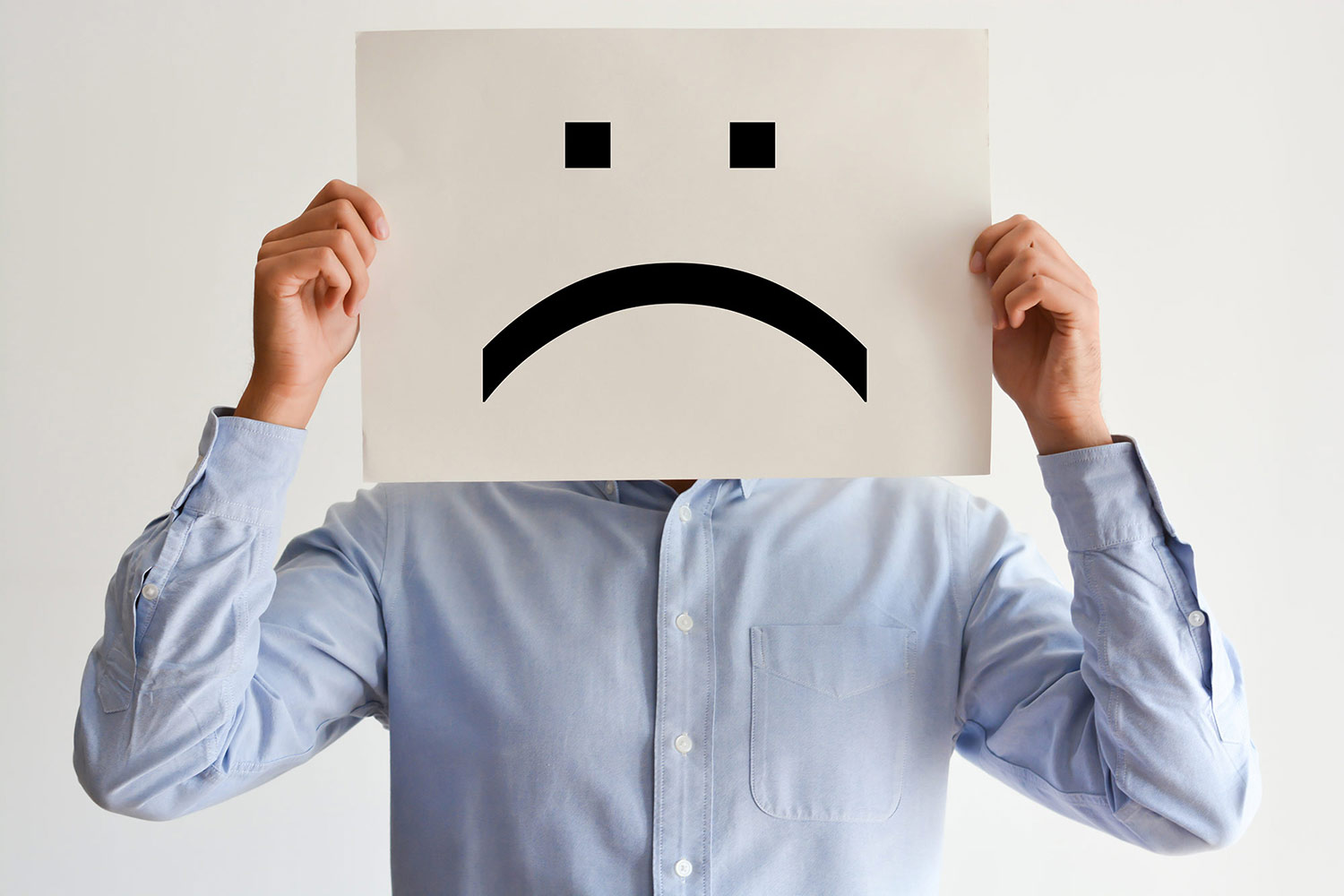Depression is often misunderstood. Many associate depression as having intense feelings of sadness. While this is true, depression encompasses a wide range of symptoms that may go unnoticed by most people.
Spotting the early signs of depression is crucial for seeking therapeutic intervention and preventing the disorder from worsening, as well as promoting better mental health outcomes in the future. So what are these early signs of depression, and how can we spot them?

Persistent Sadness or Low Mood
While it may seem obvious, but a prolonged feeling of intense sadness is usually sign number one. This feeling, however, can last for an extended period of time, usually two weeks.
Unlike temporary sadness, this feeling is often unprovoked and will linger for a long time, making it difficult to enjoy life.
A person may feel empty, hopeless, or tearful without a specific reason.
This mood can fluctuate, however for most people, it persists throughout the day and interferes with normal functioning.
Loss of Motivation
People experiencing depression may also notice their motivation to engage in their daily activities is lower.
01
Hobbies, socializing, and even self-care may seem more daunting than they used to. It may feel like you have less energy to do the things that you previously enjoyed.
03
Work, school, or daily responsibilities feel less important, and the motivation to complete tasks, and do them well, declines.
02
Spending time with friends and family may become more of a hassle than a pleasure.


Fatigue and Loss of Energy
Exhaustion is another early sign of depression, making even the simplest tasks feel overwhelming.
A person may continuously feel drained, even after a full night’s sleep, and find it difficult to get through their day.
Excessive fatigue may lead to feelings of helplessness and frustration, making it difficult to break the cycle and seek help.
Daily activities, such as going to work or school, running errands, or communicating with others, may seem like they are taking a tremendous amount of energy.
Difficulty Making Decisions
Cognitive changes are common with depression, with many people experiencing difficulties concentrating, remembering details, or making sound decisions.
01
Depression can cause what’s called a “foggy mind,” making it hard to focus on or remember conversations, tasks, and responsibilities.
03
Decision-making becomes increasingly more difficult due to the brain fog, with even the smallest choices feeling impossible to make.
02
People may struggle to keep up with their workload, maintain relationships, or keep commitments.


Irritability or Restlessness
Although depression is commonly associated with sadness, it can also manifest as irritability or frustration.
A person may grow incredibly angry where even the slightest thing can set them off.
Restlessness, where a person feels constantly on edge, can quickly turn into anger if not handled properly.
Irritability can create tension in relationships, as loved ones may start to pull away due to not understanding the person’s behavior.
Physical Symptoms
One of the more overlooked symptoms of depression is your body’s physical reaction to the disorder.
Headaches, muscle pain, digestive issues, or any other aches and pains without a medical diagnosis can all be linked to depression.
These physical symptoms often go untreated or get misdiagnosed due to people not realizing they are related to mental health issues.
The mind-body connection is strong, and if something is wrong with the mental health, then the physical health will also suffer.


We Discovered the Symptoms. Now What?
You may be asking yourself, “What do I do if I notice these signs of depression?” First—and most important—be sure to contact your primary care physician if you are experiencing physical symptoms that cause you distress. Second, seek help from a mental health professional.
Therapists are trained to help you identify these early signs of depression, and can provide you with great tools on how to manage it effectively. Help is just a phone call away. Reach out a schedule a session today!
